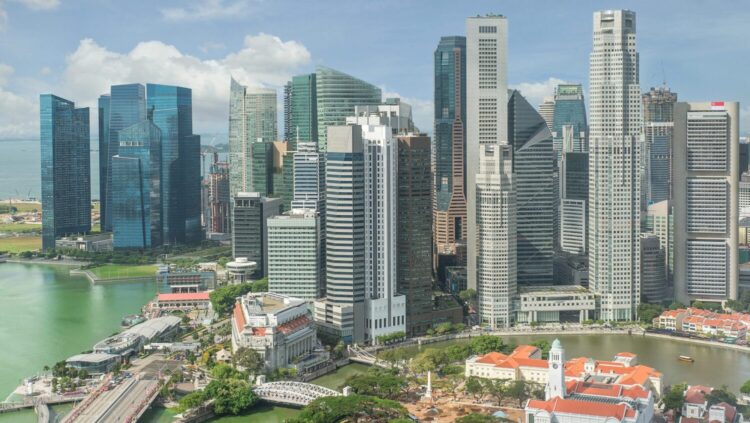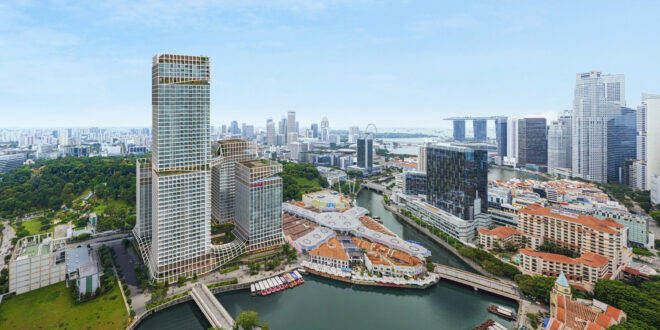Singapore’s real estate market is highly competitive, offering stability, excellent infrastructure, and attractive investment opportunities. However, expats and foreign investors must navigate various legal restrictions, financial requirements, and market trends before making a purchase. Understanding key factors such as eligibility, financing, and property types can make a significant difference when investing in Singapore.
Eligibility and Legal Restrictions
Singapore’s property laws differentiate between citizens, permanent residents, and foreigners. While Singaporeans and PRs have more flexibility, foreign investors must adhere to the Residential Property Act:
- Foreigners can freely purchase condominiums and apartments in high-rise developments.
- Landed properties, such as bungalows and terrace houses, generally require government approval.
- Executive Condominiums (ECs) have a waiting period of 10 years before they are available to foreign buyers.
For those planning long-term investments, obtaining Permanent Residency (PR) status can offer greater property access.
Types of Properties Available

Foreign investors have several choices when buying property in Singapore:
- Private Condominiums – The most common option, offering modern facilities and high resale value.
- Landed Properties – More exclusive but require special approval.
- Commercial Real Estate – A viable alternative with fewer restrictions for foreign buyers.
- Serviced Apartments – Short-term lease options ideal for expats before committing to a purchase.
Areas like Orchard Road, Sentosa Cove, and Marina Bay are prime locations, while budget-friendly areas like Woodlands, Punggol, and Choa Chu Kang, where developers like Elta have made investments, provide more affordable entry points.
Financing and Taxes

Foreigners can secure a loan of up to 75% of the property price, but banks assess financing eligibility based on factors such as income, credit score, and existing loans.
Consider these financial requirements:
- Buyer’s Stamp Duty (BSD) – Ranges from 1% to 6% based on property value.
- Additional Buyer’s Stamp Duty (ABSD) – Foreign buyers must pay 60% ABSD, while PRs pay 5%-30%.
- Loan-to-Value (LTV) Ratio – Typically up to 75% for first-time buyers but lower for subsequent purchases.
- Property Tax – Annual tax rates vary depending on whether the property is owner-occupied or rented out.
Choosing the Right Location

Location determines price appreciation, rental yield, and convenience. Consider factors such as proximity to MRT stations, business hubs, and international schools.
- Expensive but Prime: Orchard Road, Marina Bay, Holland Village
- Mid-range: Tanjong Pagar, East Coast, Novena
- Affordable Options: Woodlands, Punggol, Choa Chu Kang
Emerging neighborhoods offer growth potential, making them attractive investment choices for foreigners looking to enter the market at a lower cost.
Working with Agents and Lawyers
Navigating Singapore’s property laws requires professional guidance:
- Hire a licensed real estate agent to provide market insights and negotiate deals.
- Engage a lawyer to handle contracts, title searches, and legal documentation.
- Verify the seller’s legitimacy and ensure no outstanding property debts before purchasing.
Property agents must be registered with the Council for Estate Agencies (CEA) to ensure legal compliance.
Long-Term Considerations for Foreign Investors
Singapore’s rental market is strong, especially near business districts and expat-friendly areas. Property prices tend to appreciate, but factor in market trends and government regulations before selling. Investing in property does not grant Permanent Residency, but PRs enjoy fewer restrictions. Foreign buyers should also keep an eye on government policies, as regulations frequently change to maintain housing affordability.
The Bottom Line
Singapore’s property market offers lucrative opportunities, but foreign investors and expats must navigate regulatory barriers, financial obligations, and market trends carefully. Working with trusted agents and staying informed about stamp duties and legal requirements will help make the process smoother and more rewarding.
 Hi Boox Popular Magazine 2024
Hi Boox Popular Magazine 2024



